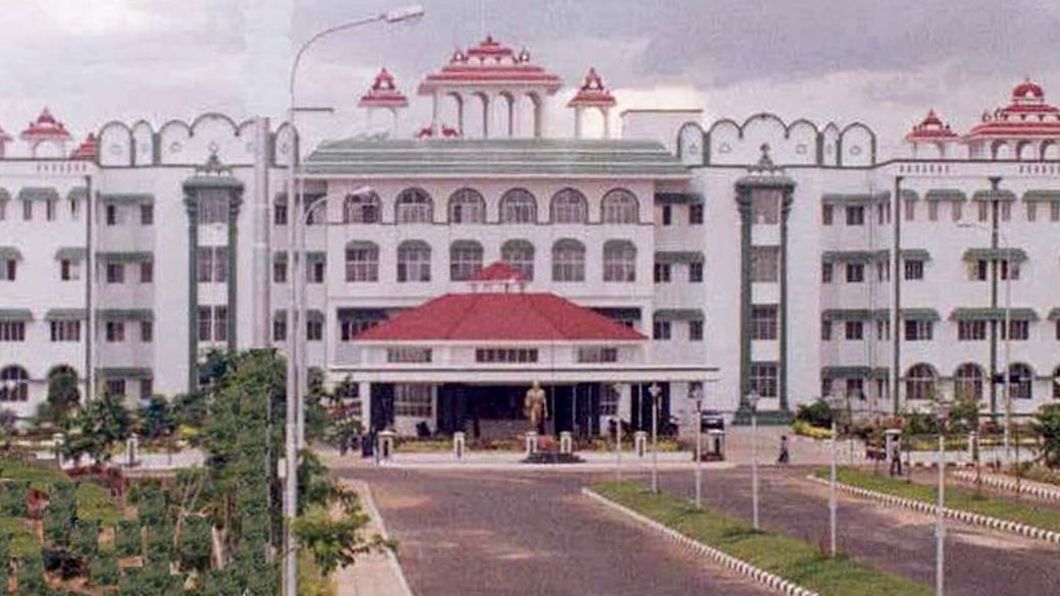Khushi
The Madras High Court observed that a religious right cannot be claimed to be absolute while dismissing a petition pleading for the Court’s intervention to allow the conduct of certain Christian prayer services.
Justice N Anand Venkatesh found that the petitioner’s right of worship was directly impacting his neighbors’ rights, given the public nature of his prayer meetings, which the petitioner claimed was private in nature.
With reference to other judgements, the Court observed, “ the judgements referred to make it very clear that even a religious right cannot be claimed to be absolute. The moment the exercise of such a right affects the rights of others, it must be subjected to reasonable restriction. The rights enjoyed by the citizens, including the fundamental rights, must coexist in harmony.”
The petitioner of the case T Wilson v. The District Collector and ors had moved the Court alleging that a false complaint had been made against him for the conduct of private prayer meetings by persons with communal feelings.
A District Collector’s report on this issue indicated that these prayer meetings were not private and conducted from 9 am to 12 pm all days with the use of mike and speaker.
“Once the prayer meeting assumes such larger proportions resulting in public worship, attended by huge crowds, the very nature of the building changes, and it has to be construed as a prayer hall entertaining public worship. Consequently, the same would require obtaining necessary permission under the relevant rules,” the Court remarked.
The Court pointed out that the petitioner ought to have obtained appropriate prior permission for such public prayer meetings from the District Collector under Rule 4 (3) of the Tamil Nadu Panchayats Building Rules, 1997.
The Court dismissed the petition while adding, “the petitioner has to necessarily conduct such prayer meetings in future only after obtaining necessary permission/approval under the relevant rules from the appropriate authority.”

